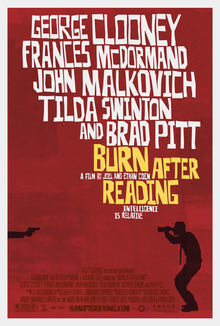Most of the previous articles I wrote in this "They Really Said It" series were about criticizing people for denying the existence of the housing bubble. All my objections may seem as just another instance of 20/20 hindsight. Was it possible to identify the bubble before ? Were most of the people who warned about the imminent crash like a broken clock that's right twice a day ? Well, how about a book that was written in 1993, that analyzed historical bubbles and gave clear reasoning as to why these phases routinely repeat !
How does it start and how does it end ?
For built into this situation is the eventual and inevitable fall. Built in also, is the circumstance that it cannot come gently or gradually. When it comes, it bears the grim face of disaster. ...... the speculative episode always ends not with a whimper but with a bang.
Given the pressure of this crowd psychology, however, the saved will be the exception to a very broad and binding rule. They will be required to resist two compelling forces: one, the powerful personal interest that develops in the euphoric belief, and the other, the pressure of public and seemingly superior financial opinion that is brought to bear on behalf of such belief.
Those involved in the speculation are experiencing an increase in wealth - getting rich or being further rewarded. No one wishes to believe that this is fortuitous or undeserved; all wish to think that it is the result of their own superior insight or intuition. ... Speculation buys up, in a very practical way, the intelligence of those involved.
There are, however, few matters on which such a warning is less welcomed. In short run, it will be said to be an attack, motivated by either deficient understanding or uncontrolled envy, on the wonderful process of enrichment. More durably, it will be thought to demonstrate the lack of faith in the inherent wisdom of the market itself.
There can be few fields of human endeavor in which history counts for so little as in the world of finance. Past experience, to the extent that is part of memory at all, is dismissed as the primitive refuge of those who do not have the insight to appreciate the incredible wonders of the present.
Finally and more specifically, we compulsively associate unusual intelligence with the leadership of the great financial institutions ...
The rule is financial operations do not lend themselves to innovation. ... The world of finance hails the invention of wheel over and over again, often in a slightly more unstable version. All financial innovation involves, in one form or another, the creation of debt assured in greater or lesser adequacy by real assets.
This, invariably will be time of anger and recrimination and also of profoundly unsubtle introspection. The anger will fix upon the individuals who were previously most admired for their financial imagination and acuity. ... There will also be scrutiny of the previously much-praised financial instruments and practices ... There will be talk of regulation and reform. What will not be discussed is the speculation itself or the aberrant optimism that lay behind it.
Recurrent speculative insanity and the associated financial deprivation and larger devastation are, I am persuaded, inherent in the system. Perhaps it is better that this be recognized and accepted.



